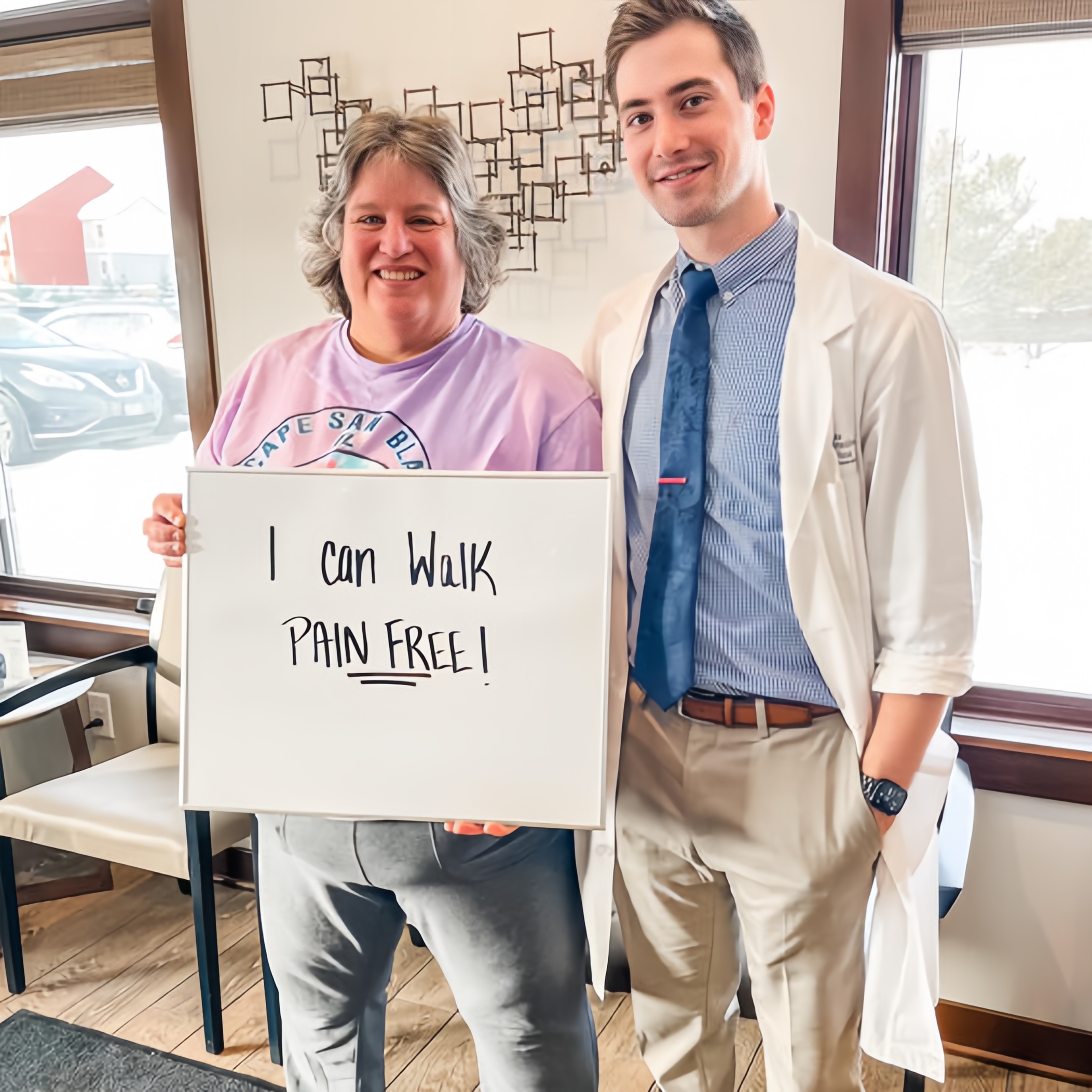Finding a qualified rheumatology specialist is crucial for effectively managing conditions like arthritis, lupus, and other autoimmune diseases. By following these practical steps—researching credentials, seeking referrals, and assessing communication styles—you can make an informed decision that supports your health and well-being.

1. Research Credentials and Experience
Board Certification: Ensure the doctor is board-certified in rheumatology. This certification confirms that they have completed the necessary training and passed rigorous exams.
Experience: Look for specialists with significant experience treating your specific condition. A doctor who has handled numerous cases of your type is more likely to be familiar with the latest treatments and management strategies.
2. Utilize Professional Associations
Visit websites of professional organizations like the American College of Rheumatology (ACR) or the Arthritis Foundation. They often have directories of qualified specialists and resources for finding reputable doctors in your area.
3 Ask for Referrals
Primary Care Physician: Your first point of contact should be your primary care physician. They can recommend trusted rheumatologists based on your medical history and needs.
Family and Friends: If you know someone with a similar condition, ask for their recommendations. Personal experiences can guide you toward effective specialists.
5. Check Online Reviews and Ratings
Websites like Healthgrades, Zocdoc, or Vitals provide patient reviews and ratings. Focus on feedback regarding:
Treatment effectiveness: How successful were others in managing their conditions?
Communication skills: Is the doctor approachable and willing to explain things clearly?
Office staff and wait times: A well-run office can make your visits more pleasant.
6. Evaluate Office Logistics
Consider practical aspects of the clinic, including:
Location: Choose a specialist whose office is conveniently located, especially if you will require frequent visits.
Office hours: Ensure their hours fit your schedule, including availability for urgent visits if needed.
7. Schedule a Consultation
Once you have narrowed down your choices, schedule an initial consultation. Use this opportunity to assess the specialist:
Communication: Do they listen to your concerns and answer your questions thoroughly?
Treatment Approach: Ask about their treatment philosophy and how they handle patient care. A collaborative approach is often beneficial.
Diagnostic Process: Inquire about the tests and evaluations they use to diagnose and monitor conditions.
8. Verify Insurance Coverage
Before your first appointment, confirm that the specialist is in-network with your health insurance plan. This can save you significant costs and avoid unexpected bills. Contact your insurance provider or check their website for details.
9. Assess Follow-Up Care
Ask about the follow-up process after your initial consultation. Understanding how the specialist handles ongoing care, test results, and adjustments to treatment plans is crucial for effective management of your condition.





